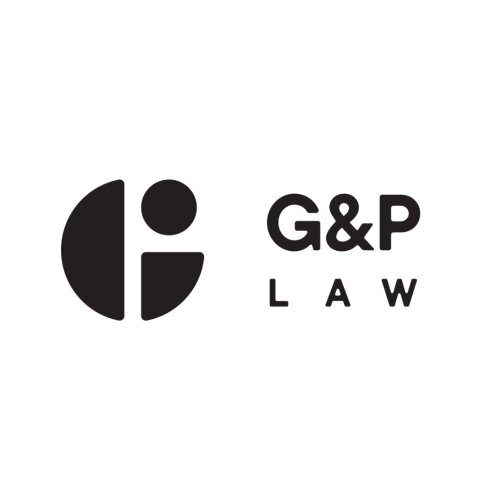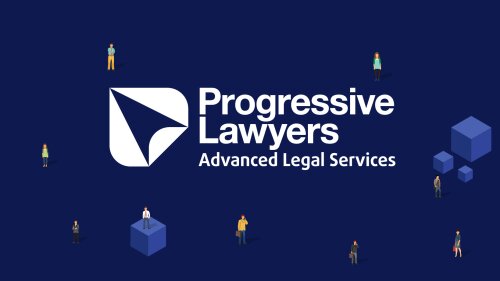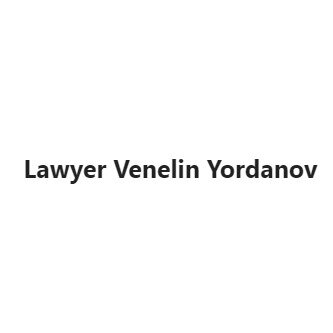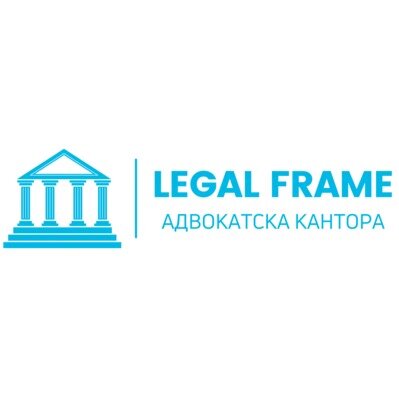Best Private Equity Lawyers in Sofia
Share your needs with us, get contacted by law firms.
Free. Takes 2 min.
List of the best lawyers in Sofia, Bulgaria
About Private Equity Law in Sofia, Bulgaria
Private equity in Sofia, Bulgaria refers to investments made directly into private companies or the buyout of public companies resulting in their delisting from stock exchanges. Private equity firms pool funds from investors and use this capital to acquire or invest in businesses with growth potential. The legal framework regulating private equity in Sofia is influenced by both Bulgarian national law and applicable European Union regulations. Local private equity activities include management buyouts, venture capital, expansion capital, and restructuring distressed companies.
Why You May Need a Lawyer
Seeking legal advice in private equity transactions is essential for ensuring compliance, minimizing risks, and achieving successful investment outcomes. Common situations where legal help is invaluable include:
- Conducting due diligence on target companies
- Negotiating and drafting investment agreements
- Structuring deals to optimize tax and regulatory efficiency
- Ensuring regulatory compliance with Bulgarian and EU laws
- Resolving shareholder or investor disputes
- Advising on exit strategies, such as mergers, acquisitions, or public offerings
- Protecting intellectual property rights during investments or acquisitions
- Assisting with cross-border transactions involving foreign investors
Local Laws Overview
Private equity activities in Sofia, Bulgaria are governed by a combination of local and EU legislation. Key aspects include:
- Commercial Companies Act: Governs the formation, operation, and dissolution of commercial entities, including joint stock companies and limited liability companies, which are common vehicles for private equity investments.
- Financial Supervision and Capital Markets: The Financial Supervision Commission regulates investment funds and certain private equity funds. Depending on their structure, some funds may require registration or licensing.
- Foreign Investment Regulations: Bulgaria is generally open to foreign investment, but certain sectors may have restrictions or require additional approval.
- Taxation: Corporate taxation, capital gains tax, and the treatment of dividends are crucial considerations for structuring private equity deals. Bulgaria has a flat corporate tax rate of 10 percent.
- Labour Laws: Employee rights must be considered during acquisitions, especially where there are transfers of undertakings or redundancies.
- EU Regulations: As an EU member, Bulgaria is subject to regulations such as the Alternative Investment Fund Managers Directive (AIFMD), which may impact fund structuring and investor protection.
Frequently Asked Questions
What is private equity?
Private equity refers to investments made directly into private companies, or in public companies with the intention to take them private, with the aim of enhancing their value and realizing a return on investment, often through eventual sale or public offering.
Are there restrictions on foreign private equity investors in Bulgaria?
Generally, Bulgaria welcomes foreign investment, and there are few restrictions for foreign private equity investors, except in regulated sectors such as banking, energy, and defense.
What due diligence is required in a private equity transaction?
Due diligence typically covers legal, financial, and tax aspects of the target company, including verification of ownership, contracts, liabilities, compliance, intellectual property, and more.
Do private equity funds need to be licensed in Bulgaria?
Depending on their structure, some private equity funds must register with or be licensed by the Financial Supervision Commission, especially if they operate as collective investment schemes or alternative investment funds.
What are the common legal structures used for private equity investments?
Private equity investments are commonly made through limited liability companies or joint stock companies. Foreign investors occasionally use holding companies or special purpose vehicles for tax or regulatory efficiency.
What is the typical tax treatment for private equity gains?
Capital gains and dividends in Bulgaria are subject to a flat 10 percent tax. Tax treaties may further affect the final rate for foreign investors.
How are disputes typically resolved in private equity matters?
Disputes may be resolved through negotiation or, if necessary, litigation in Bulgarian courts. Contractual agreements may also provide for arbitration as a suitable alternative.
What are the main regulatory bodies involved in private equity?
The primary regulators include the Financial Supervision Commission and, depending on the sector, other government bodies concerned with competition, industry-specific rules, or anti-money laundering.
Are there anti-money laundering requirements for private equity transactions?
Yes, both Bulgarian and EU laws impose rigorous anti-money laundering and anti-terrorist financing obligations on all participants in private equity transactions.
How do I exit a private equity investment in Bulgaria?
Common exit strategies include selling the stake to another investor, initiating a management buyout, or listing the company on a stock exchange. Each approach must comply with local regulations and contractual terms.
Additional Resources
Several organizations and governmental bodies can provide helpful information and support for those involved in private equity in Sofia, Bulgaria:
- Financial Supervision Commission (Komisia za finansov nadzor) - Regulates investment activities and fund registration
- Bulgaria Trade Register - Maintains company records and legal filings
- Bulgarian Investment Agency - Provides information on investment opportunities, incentives, and procedures
- Bulgarian Private Equity and Venture Capital Association (BVCA) - Industry body supporting the private equity and venture capital sector
- Local law firms with specialized private equity and corporate practice groups
Next Steps
If you are seeking legal assistance in the field of private equity in Sofia, Bulgaria, consider the following steps:
- Define your goals and the scope of your intended investment or transaction
- Gather all relevant documentation on target businesses or potential deals
- Search for a lawyer or law firm with expertise in private equity, corporate law, and Bulgarian regulations
- Schedule an initial consultation to discuss your specific needs and concerns
- Prepare a list of questions related to fees, timeframe, and required documentation
- Ensure ongoing communication and transparency throughout the investment process
By taking these steps, you can better protect your interests and enhance the success of your private equity activities in Sofia, Bulgaria.
Lawzana helps you find the best lawyers and law firms in Sofia through a curated and pre-screened list of qualified legal professionals. Our platform offers rankings and detailed profiles of attorneys and law firms, allowing you to compare based on practice areas, including Private Equity, experience, and client feedback.
Each profile includes a description of the firm's areas of practice, client reviews, team members and partners, year of establishment, spoken languages, office locations, contact information, social media presence, and any published articles or resources. Most firms on our platform speak English and are experienced in both local and international legal matters.
Get a quote from top-rated law firms in Sofia, Bulgaria — quickly, securely, and without unnecessary hassle.
Disclaimer:
The information provided on this page is for general informational purposes only and does not constitute legal advice. While we strive to ensure the accuracy and relevance of the content, legal information may change over time, and interpretations of the law can vary. You should always consult with a qualified legal professional for advice specific to your situation.
We disclaim all liability for actions taken or not taken based on the content of this page. If you believe any information is incorrect or outdated, please contact us, and we will review and update it where appropriate.

















